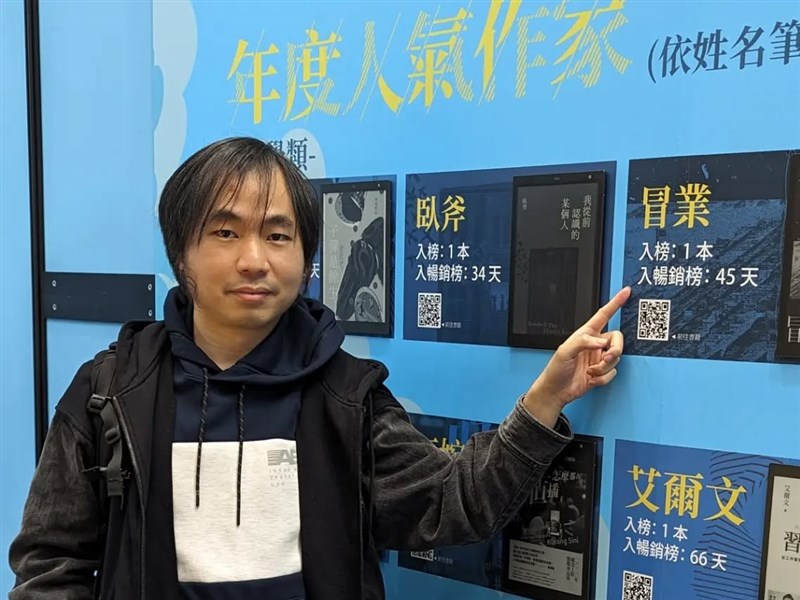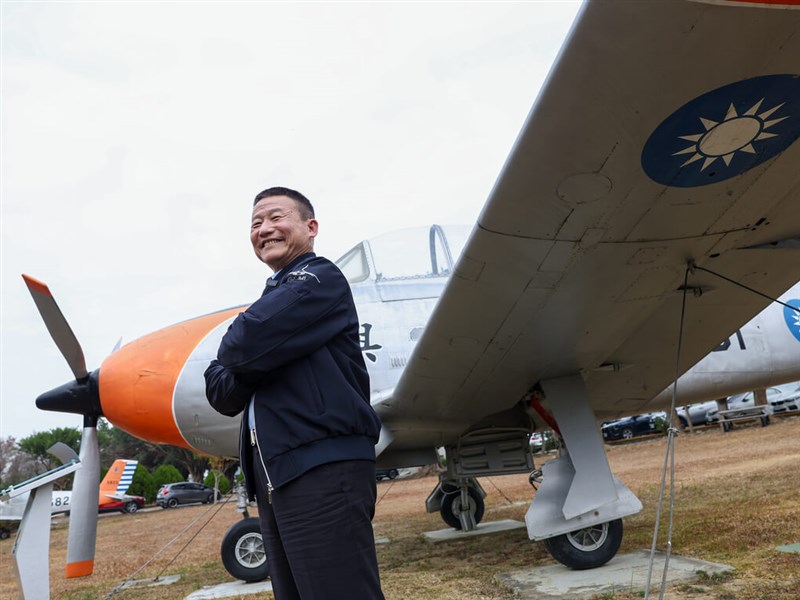INTERVIEW / Taiwan to step up cooperation with Czechia on semiconductors: Official
09/09/2024 10:47 PM
Taiwan plans to strengthen cooperation with the Czech Republic in semiconductor development due to Prague's pivotal role in the European IC industry, Executive Yuan Secretary-General Kung Ming-hsin (龔明鑫) has said.
(Full text of the story is now in CNA English news archive. To view the full story, you will need to be a subscribed member of the CNA archive. To subscribe, please read here.)
More in INTERVIEW
-
![Mystery novels: Writer Mou Yip on how genre binds Hong Kong and Taiwan]() Mystery novels: Writer Mou Yip on how genre binds Hong Kong and TaiwanWhen mystery writer Mou Yip (冒業) takes the stage at the Taipei International Book Exhibition (TiBE) on Feb. 7, it will be more than just a book talk to the 34-year-old Hong Konger.02/04/2026 10:14 AM
Mystery novels: Writer Mou Yip on how genre binds Hong Kong and TaiwanWhen mystery writer Mou Yip (冒業) takes the stage at the Taipei International Book Exhibition (TiBE) on Feb. 7, it will be more than just a book talk to the 34-year-old Hong Konger.02/04/2026 10:14 AM -
![Love by accident: A South Korean translator's commitment to Taiwan literature]() Love by accident: A South Korean translator's commitment to Taiwan literature"I was a foreign wanderer when I came to Taiwan a year ago," Kim Tae-sung quipped, reflecting on a transition that was as unexpected as it was deliberate.02/03/2026 11:44 AM
Love by accident: A South Korean translator's commitment to Taiwan literature"I was a foreign wanderer when I came to Taiwan a year ago," Kim Tae-sung quipped, reflecting on a transition that was as unexpected as it was deliberate.02/03/2026 11:44 AM -
![AIDC turns to drones as its next growth engine: Chairman]() AIDC turns to drones as its next growth engine: ChairmanAerospace Industrial Development Corp. (AIDC) is pivoting toward drones as it seeks its next growth engine, with Chairman Tsao Chin-ping (曹進平) citing rising global demand as the company shifts from aircraft manufacturing toward developing complete drone systems.01/31/2026 07:33 PM
AIDC turns to drones as its next growth engine: ChairmanAerospace Industrial Development Corp. (AIDC) is pivoting toward drones as it seeks its next growth engine, with Chairman Tsao Chin-ping (曹進平) citing rising global demand as the company shifts from aircraft manufacturing toward developing complete drone systems.01/31/2026 07:33 PM
Latest
-
Business
U.S. dollar up in Taipei trading
02/06/2026 10:20 AM -
Society
Taiwan headline news
02/06/2026 10:17 AM -
Business
Taiwan shares open lower
02/06/2026 09:14 AM -
Business
Taiwan's consumer price index eases to 0.69% in January (update)
02/05/2026 10:27 PM -
Politics
Military police deploy tactical vehicles in Taipei key facility drill
02/05/2026 10:12 PM


